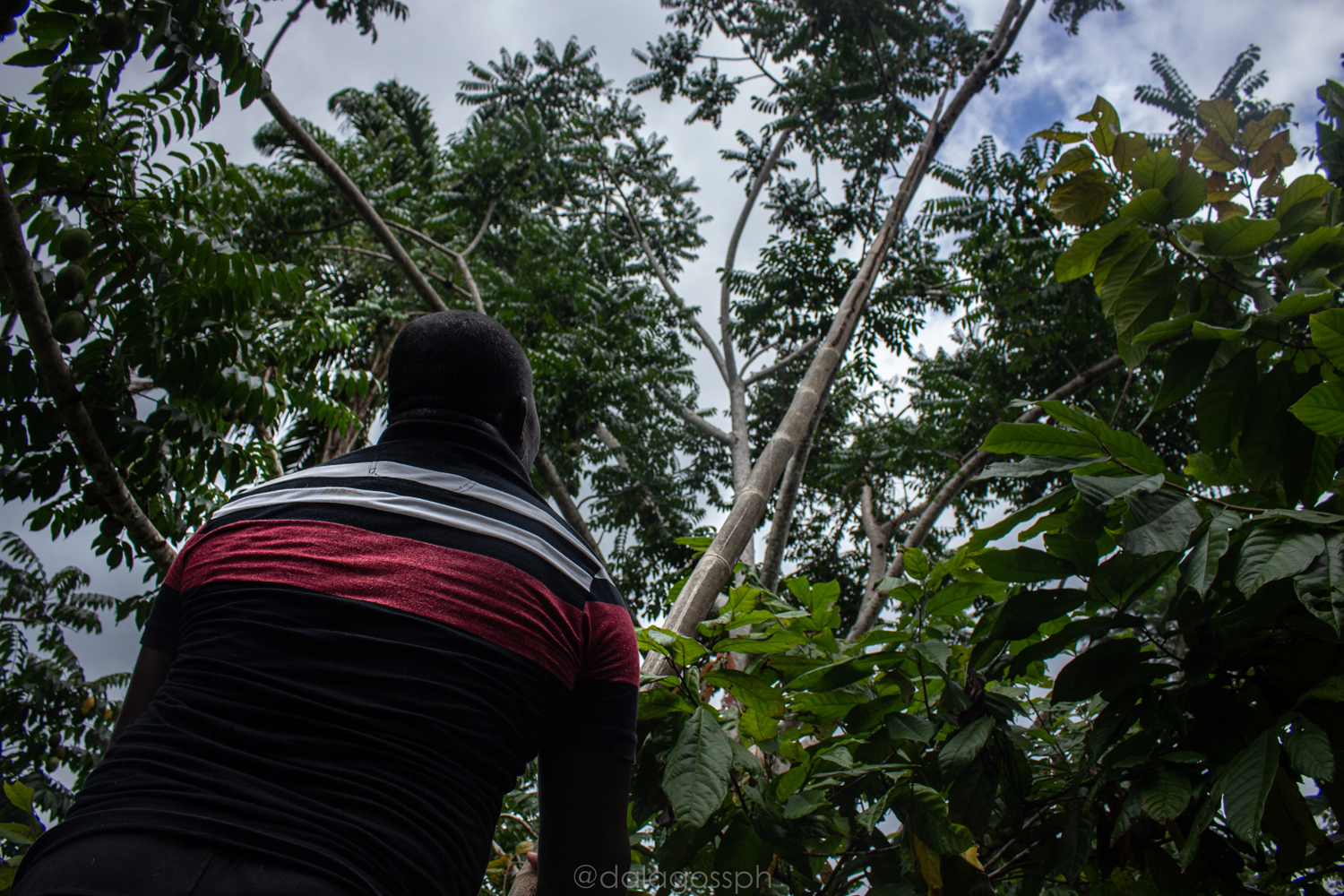The implementation of the PNIS in Tumaco
Tumaco has been a strategic municipality for the implementation of several programmes and measures that came out of the Peace Agreement. In the move towards substitution, there are around 16,000 families participating in the programme in the municipality; it is the municipality with the largest number of beneficiaries in the country. It was also one of the regions where the PNIS, as well are other peace programmes, were hastily implemented. And so, it was one of the regions where the difficulties in the programme’s implementation and the failures to fulfil the agreement soon became apparent.
As in other parts of the country, the steps towards the implementation of the PNIS in Tumaco began with the popularisation of the programme and the signing of collective agreements. These agreements were signed at different regional levels and between different actors, social organisations and municipal and departmental authorities. An agreement was signed in Nariño at the departmental level, whereby the state would implement the PNIS in all the department’s municipalities, including Tumaco. At the municipal level, there were also several collective agreements in Tumaco: a municipal agreement signed in May 2019, a collective agreement between the community councils (consejos comunitarios), as well as collective agreements signed by community councils and farmers associations.
The start of the PNIS in Tumaco in 2017 was a traumatic experience, that revealed enormous difficulties with the substitution and the implementation of the Agreement. That year, there were continuous clashes between the farmers and community councils, who were waiting for the programme’s implementation, and Colombia’s security forces who sought to continue their operations of forced eradication on the ground, despite the peace agreements. Various organisations called for mobilisations and strikes demanding the implementation of the agreement. The confrontation between the farmers and the security forces escalated, culminating in the terrible events in Tandil in October, where several farmers who were protesting against the forced eradication lost their lives.
The participating families have also suffered other consequences of the failure to fulfil the agreement. These include delayed payments (in some rural divisions (veredas) beneficiaries ended up receiving resources eight months after having eradicated their coca), the lengthy delay in the delivery of supplies for food security projects (as well as these consumables being of low quality), and in some cases, incomplete investment plans. Furthermore, there have been reports of a serious situation in Tumaco whereby people have been suspended and expulsed from the programme arbitrarily. The agencies coordinating the PNIS have decided to suspend or expulse individuals according to criteria which bear no relation to the pledges in the peace agreement. Like in other parts of the country, Tumaco has seen no notable development in cultivation projects (in neither the short nor the long term), which were intended to be the cornerstone of the transition from an illicit economy towards legality.
A full account of the failures to fulfil the agreement has been provided in our report on the PNIS’ implementation, “Peace with hunger and bullets is very difficult”. One of the principal results of the report established that the PNIS had greatly reduced the income of the participating families. Based on two surveys conducted in Tumaco in 2019 and 2021, we show that income before the PNIS was significantly higher than the income for the month in which we carried out the survey. Additionally, a group of survey respondents took part in the survey in 2019 and again this year, which corroborated our findings: income had decreased for those survey respondents in both 2019 and more recently in 2021, as illustrated by the following graph:
Figure: Family income before and after entry into the programme
Source: Survey 2021
*The information corresponds to the 165 people who responded to the survey in both 2019 and 2021 (See also the report from the Observatorio)
Finally, it must be added that, despite the signing of collective agreements between various community councils and organisations, the reach of the PNIS in the municipality is minimal, and it has not encompassed the majority of the rural divisions and areas included in those agreements. Currently, the implementation of the PNIS is concentrated in only four areas:
- The zone of Carretera, which includes rural divisions near the urban area of Tumaco.
- Rural divisions represented by the Alto Mira and Frontera community council.
- Rural divisions represented by the Río Mejicano, Chagüí y Rosario community councils.
- Rural divisions in Zone 3 Llorente that are grouped under the Asociación Porvenir Campesino (ASOPORCA).
Credits
This digital report is a translation from the original Spanish version, “Erradicamos la coca, y ¿ahora qué?” La sustitución desde las voces de los usuarios del PNIS en Tumaco.
Diana Machuca: Author & Feature coordinator
Diego Lagos: Photographer






